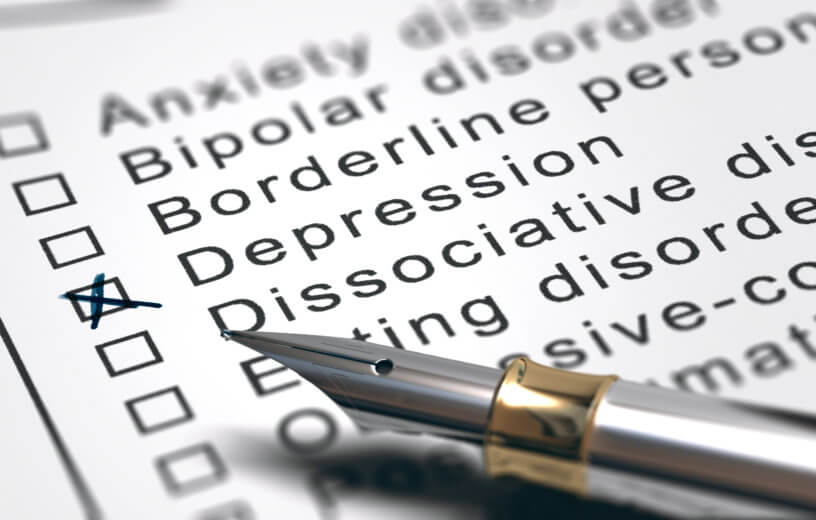MONTREAL, Quebec — Even before the COVID-19 pandemic, a quieter but equally crushing medical crisis was on the rise — depression. Some patients suffering from depression are prescribed ketamine, even though providers don’t exactly know how it works. Now, a recent study has discovered how ketamine triggers the antidepressant effect in the brain; something which may pave the way for improved treatments.
The most commonly-prescribed antidepressants are called selective serotonin reuptake inhibitors (SSRIs). Unfortunately, over 30 percent of patients with depression are resistant to SSRIs. In treatment-resistant patients with depression, ketamine has emerged as an effective treatment. While doctors have administered ketamine for anesthesia and pain relief since the 1970’s, ketamine was only approved by the Food and Drug Administration for patients with major depression in 2019. Ketamine works within hours, rather than several weeks like standard antidepressant treatments. Prior to the recent study, not much was known beyond that.
In December 2020, the collaborative investigation between three Canadian universities was published in the journal Nature. Researchers from McGill University, Université de Montréal, and Carleton University assessed the effect of ketamine on brain activity and behavior in mice. They discovered that a group of proteins called 4E-BPs are integral to the antidepressant effects of ketamine.
The researchers modeled a depressive-like behavior in mice by gauging their responses when forced to swim. Dropping a mouse in water normally provokes an escape response of swimming. However, mice with depressive-like behavior will instead remain immobile and float. Depressive-like behavior in mice is driven by patterns of brain activity that are influenced by communications between various types of brain cells, including neurons.
The effect of ketamine requires 4E-BP
The team found that when a specific type of neuron lacked 4E-BP proteins, the mice did not swim. This indicated ketamine works through 4E-BP proteins to produce its antidepressant effects. In the paper, the researchers explain that 4E-BPs normally act as a molecular switch for the process of protein synthesis, which is essential for memory formation.
“This is yet another prime example of how basic research, in this case the control of protein synthesis, leads to major discoveries in understanding disease, and the hope of curing it,” says McGill’s Nahum Sonenberg, study co-author and professor in the Department of Biochemistry in a university release.
The study explains that 4E-BPs modify the effect of ketamine in excitatory neurons and inhibitory neurons. Excitatory neurons usually promote a signal and are the predominant neuron type in certain regions of the brain. Inhibitory neurons control excitatory neurons. Both types of neuron have important effects on behavior.
“We were expecting that 4E-BPs would only be important in excitatory cells,” adds co-author Jean-Claude Lacaille from Université de Montréal. “But surprisingly, removing 4E-BPs from inhibitory cells was sufficient to block the effect of ketamine.”
The study sheds light on the mechanism triggering ketamine in depression treatment, implicating how the effects of ketamine in patients can be effective for days at a time.
Hope for improved antidepressants
While the study marks a major breakthrough, it has several limitations. Mainly, the researchers limited their evaluation to male mice. This is problematic because depression is female-biased. However, the researchers stated in a release that they will next examine whether males and females have different responses to ketamine.
According to the National Alliance on Mental Illness (NAMI), depression is the leading cause of disability worldwide. The current study and the FDA approval of ketamine for treatment-resistant patients is a major psychiatric advance. Nevertheless, ketamine can be addictive, which may limit its therapeutic potential.
Researchers add they hope their findings pave the way for better and safer antidepressant therapies for patients with depression. Therapies need not be limited to ketamine and SSRIs.
“Our discovery has the potential to bring us closer to find a safer alternative to ketamine, and ultimately to a personalized medicine approach, where medical treatments are tailored to the individual characteristics of each patient,” study co-author Argel Aguilar-Valles concludes.
